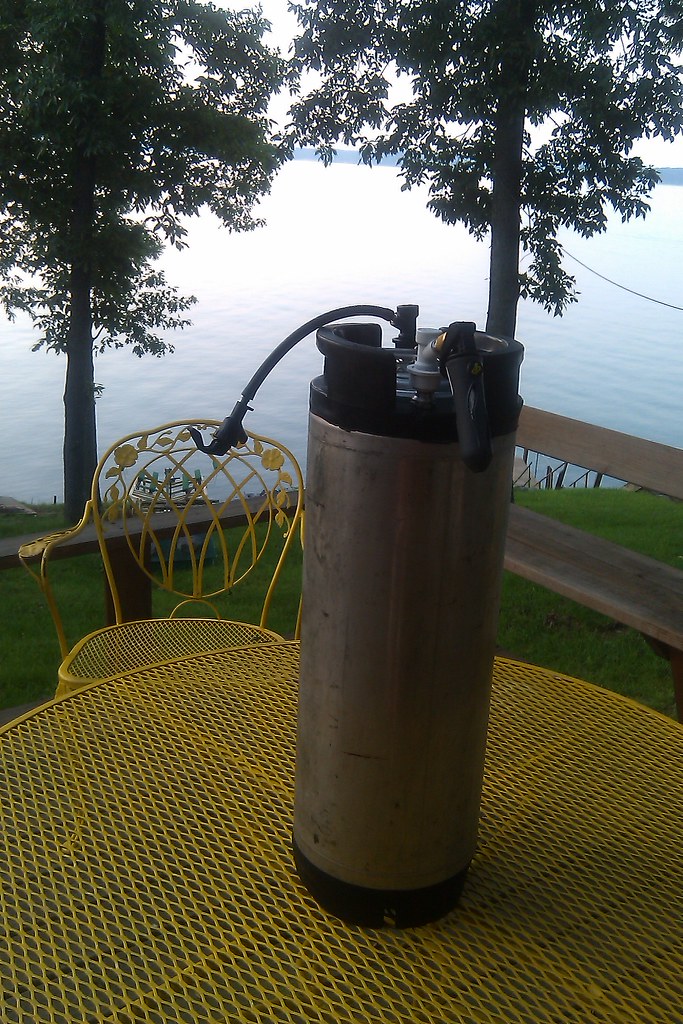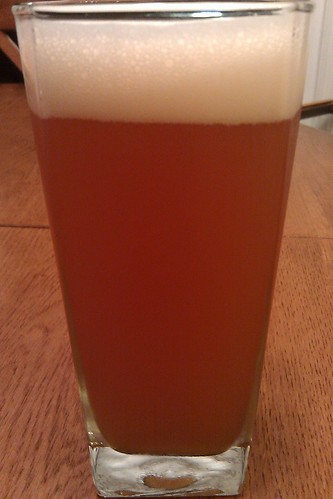CidahMastah
Well-Known Member
- Joined
- Nov 12, 2010
- Messages
- 4,201
- Reaction score
- 46
Ed -
Just curious - any preference to mittlefruh or Hersbuecker hallertau for this recipe? I have both.
Thanks!
Edit: Well I went with mittlefruh and my ferment for the first few hours was 71-73 but with some work I got it down to 68-70. Now it is bubbling at 67-68F
Looking forward to this one!
Just curious - any preference to mittlefruh or Hersbuecker hallertau for this recipe? I have both.
Thanks!
Edit: Well I went with mittlefruh and my ferment for the first few hours was 71-73 but with some work I got it down to 68-70. Now it is bubbling at 67-68F
Looking forward to this one!
















































![Craft A Brew - Safale S-04 Dry Yeast - Fermentis - English Ale Dry Yeast - For English and American Ales and Hard Apple Ciders - Ingredients for Home Brewing - Beer Making Supplies - [1 Pack]](https://m.media-amazon.com/images/I/41fVGNh6JfL._SL500_.jpg)










